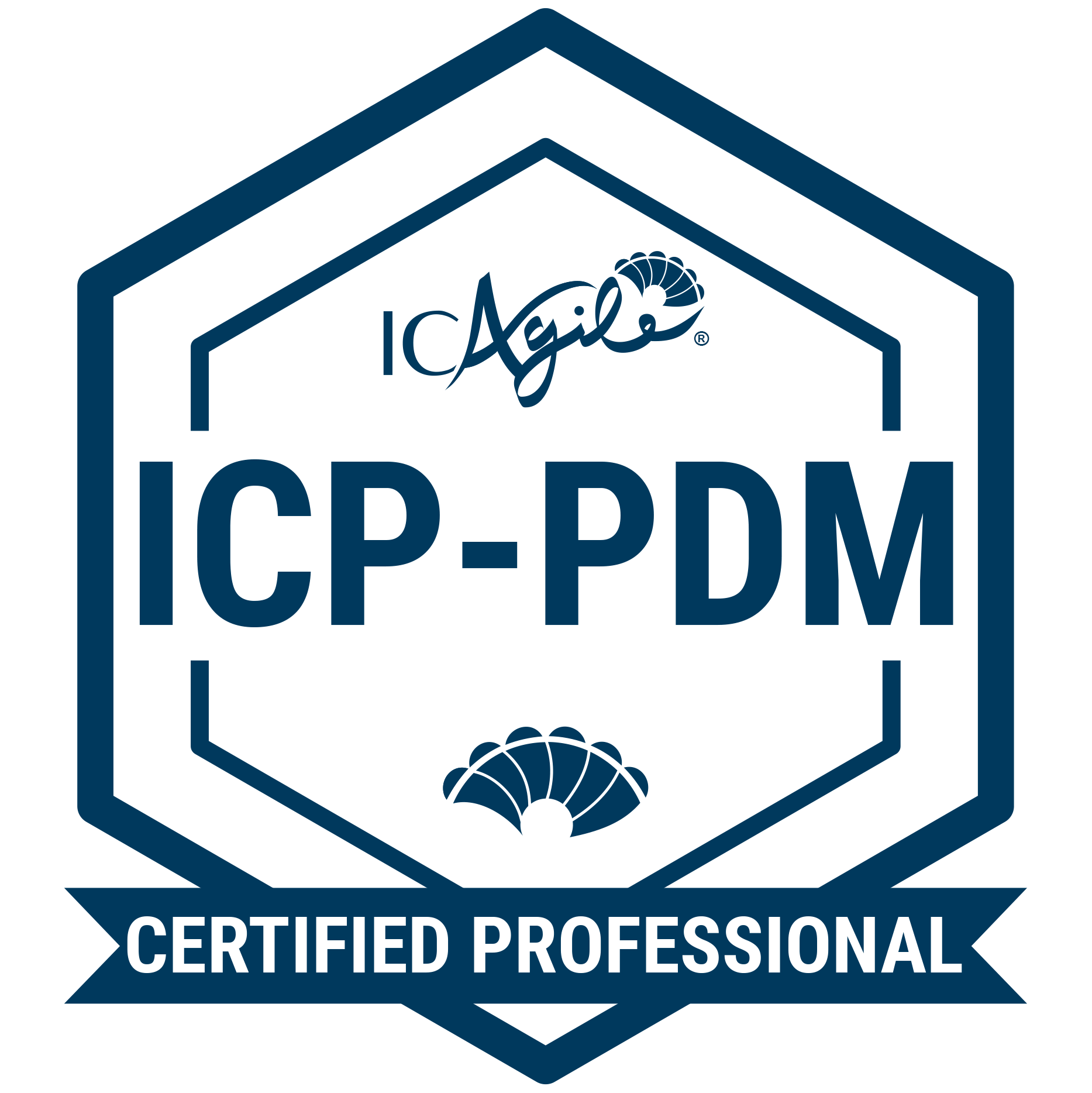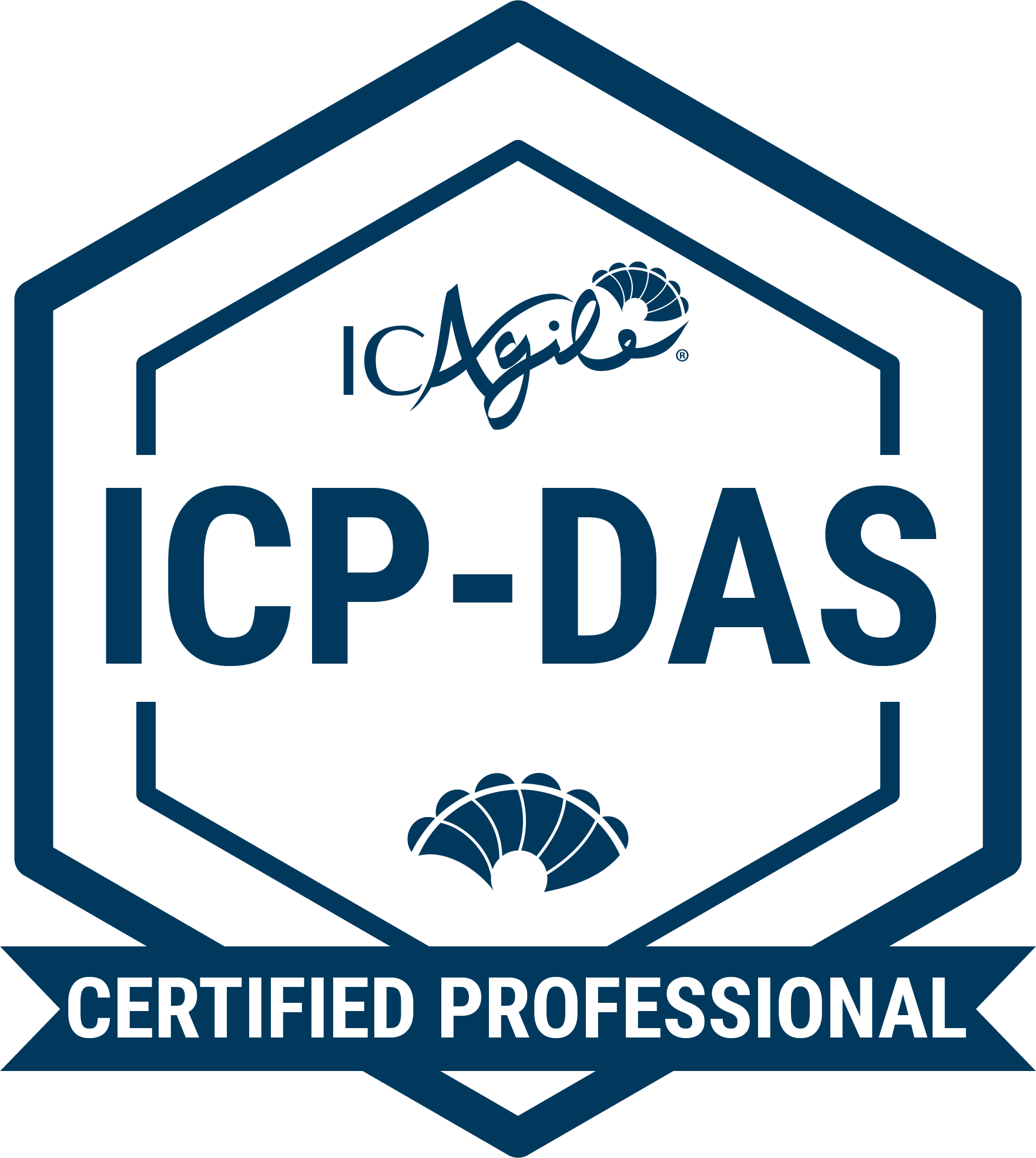Tutorial Highlights
-
Agile is one of the most widely adopted methodologies in project management and software development today. Known for its flexibility, Agile allows teams to adapt to changing requirements and deliver value incrementally. It emphasizes collaboration, customer feedback, and small, frequent releases, making it well-suited for complex and dynamic projects.
-
Our Agile coaching program will guide you through the principles and practices of Agile, covering essential topics like Scrum, Kanban, user stories, backlog refinement, and more. Dive into the world of Agile to gain a comprehensive understanding and transform your approach to project management, enabling you to lead teams and deliver value with efficiency and agility. Start your journey now and become an expert in Agile methodologies!
Topics Covered
-
A Brief History and Evolution Of Agile
-
What is an Agile Environment? Characteristic & Benefits
-
What is an Agile Mindset? The Four Pillars of Agile Mindset
-
What is the Customer Mapping Journey? And Why Do We Need One?
-
Objectives and Key Results (OKRs)
-
Comprehensive Overview Of Scrum
-
Scrum Theory, Principles, And Values
-
Role of Product Owner in Scrum
-
Why Agile Coach - Roles and Responsibility
-
Skills of a Professional Agile Coach
-
The Coach as an Agile Role Model
-
The Role of an Agile Coach as a Mentor
What is the Agile Methodology?
Agile is a way of managing projects by dividing them into smaller parts and focusing on working together and making improvements along the way. Teams go through a loop of planning, doing the work, and reviewing how things went.

Unlock your potential with Agilemania's Agile Coaching Program! Gain practical skills in just 8 weeks and transform the way you lead teams. Ready to become an Agile expert? Start today!
Explore NowWhy Choose Agile?
Teams choose Agile because it allows them to quickly respond to changes in the market or feedback from customers without disrupting long-term plans.
By planning just enough and delivering work in small, frequent updates, teams can gather feedback on each change and adjust future plans without much extra cost.
Agile is not just about numbers; it's primarily about people.
According to the Agile Manifesto, real human interactions are more valuable than strict processes.
Working together with customers and teammates is more important than sticking to preset plans, and providing a solution to the customer's problem matters more than creating overly detailed documentation.
An Agile team shares a common vision and brings it to life in the best way they know.
Each team sets its own standards for quality, usability, and completeness, defining what "done" means for them.
This definition influences how quickly they can deliver work.
While it may seem challenging at first, company leaders often find that when they trust an Agile team, the team feels more responsible and often exceeds expectations.

Pass your PSPO Exam with a 99.99% success rate by attempting our practice assessment.
Attempt Now!Why Agile is Important for the Organization?
Agile is important for organizations because it fosters customer-centricity, ensuring that developed products meet customer needs and expectations.
It also leads to better quality products by encouraging continuous testing and improvement.
By delivering features incrementally, Agile increases business value, allowing companies to see returns sooner and adjust their strategies as needed.
Agile promotes better alignment within teams and across the organization, helping everyone stay focused on common goals.
It enhances adaptability, allowing teams to respond quickly to changes in the market or project requirements.
Finally, Agile provides better project control, with frequent check-ins and adjustments that keep projects on track and within scope.

Not sure which course is the best fit for you? Let us help you find the perfect one to match your goals!
Find NowWhat are the Benefits of the Agile Methodology?
The benefits of Agile Methodology are rooted in its 12 Principles, as described by the Agile Alliance:
1. The top priority is to satisfy customers by delivering valuable software early and often. The focus is on customer satisfaction and high-quality outputs.
2. Agile embraces changing requirements, even late in the development process, because these changes can give the customer a competitive edge. Rather than resisting change, Agile encourages taking advantage of it.
3. It emphasizes frequently delivering working software, preferably within a few weeks to a few months. The goal is to consistently providing results throughout the project's duration, not just at the end.
4. Business stakeholders and developers should collaborate daily throughout the project. Strong collaboration is crucial.
5. Projects should be built around motivated individuals, providing them with the right environment and support and trusting them to complete their tasks. It's about bringing skilled and dedicated people together and allowing them the freedom to excel.
Let's Start the Fundamentals of Agile Coaching
With this Agile coaching program, you'll gain a strong grasp of Agile principles and practices, including key concepts like Scrum and backlog refinement.
The sooner you start, the better equipped you'll be to implement Agile methodologies effectively.
While mastering Agile can be challenging, with dedicated effort and guidance, you’ll quickly become proficient.
Embrace this Agile tutorial to elevate your project management skills and drive your career to new heights.
If you're interested in certification, check out our course to become an Agile expert and advance your professional journey!
Did you know? Agile-certified professionals can earn up to 25% more than their peers.
Begin your journey to becoming an Agile and Scrum expert today! Dive deep into the world of Agile methodologies and Scrum practices with hands-on learning and expert guidance.
Contact Us




























































































